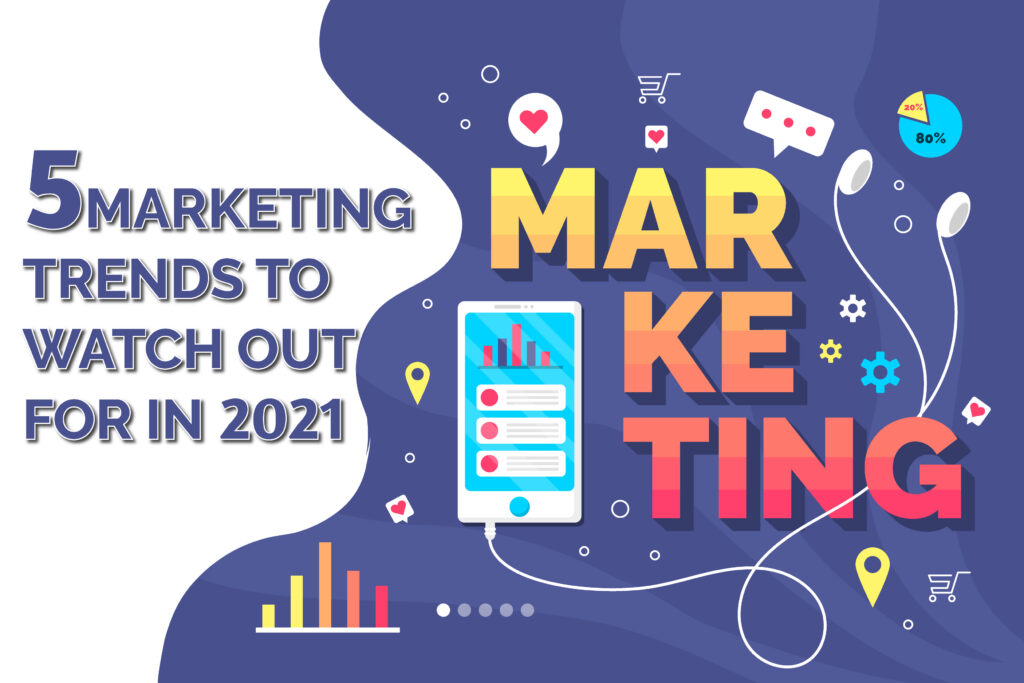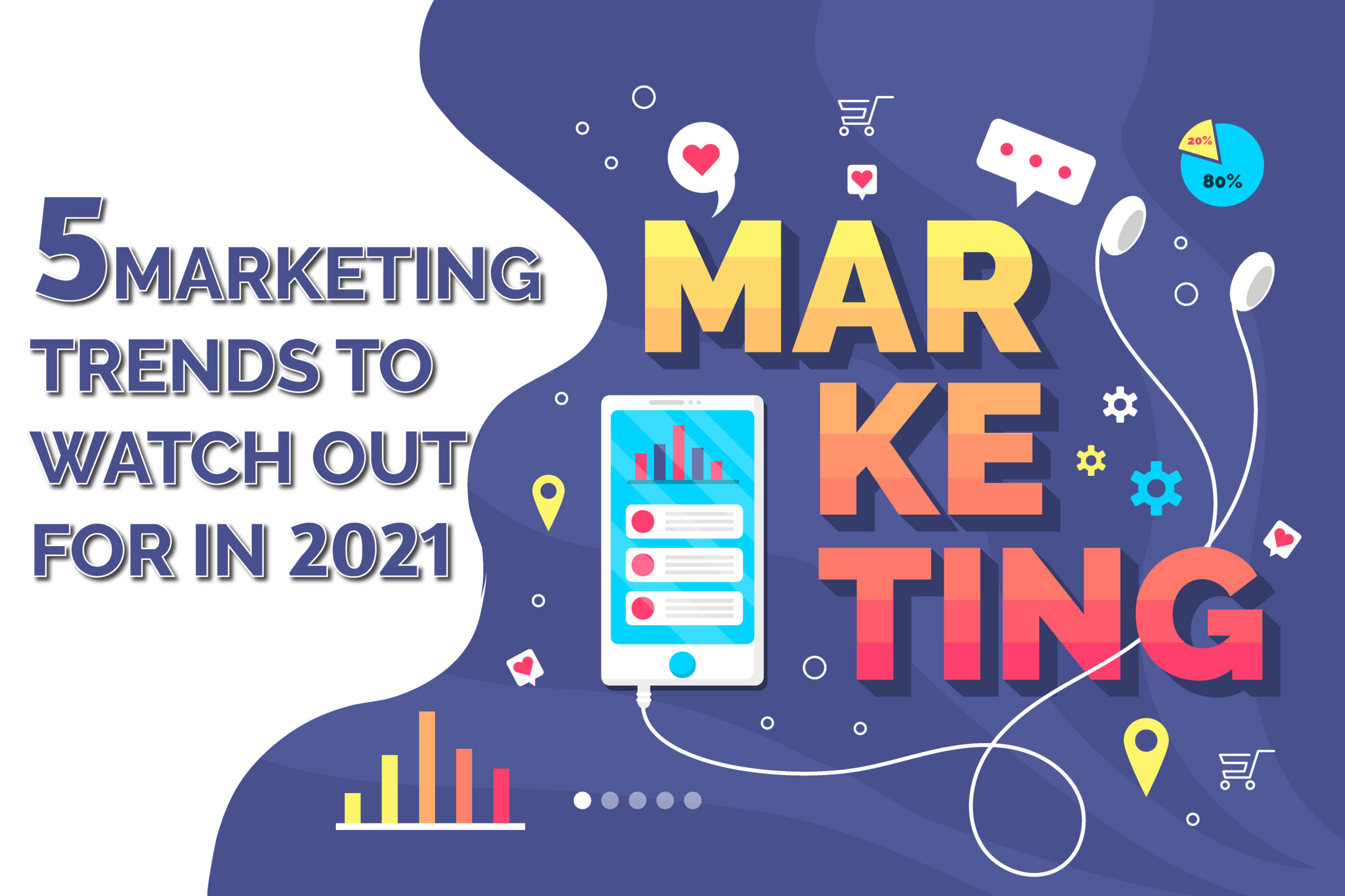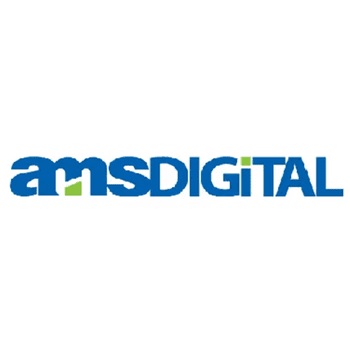
Global health crisis, social injustice, breakdown of globalisation, financial turmoil. International cooperation, scientific leaps, technological boosts and the rise of humanity. All these happened in just one year and be it marketing or from any other perspective, we can all safely say that there has not been a year like 2020 in an entire generation. Brands rose and fell. Consumers adapted and shifted. 2020 had started with a pandemic and ended with hope visible from all angles. 2021 is, thus, the year of recovery but expecting the volatility to go away soon is nothing short of sheer naivety.
The following trends will dictate marketing strategies in 2021. Brands that succeeded employed these to quickly adapt in 2020 and stayed strong through the upheaval. Sure, this year will offer some respite but the changes that have already gained a foothold last year will continue to influence marketing in 2021.
1. Consumers will expect more interaction from virtual events
Facebook F8 got cancelled in 2020. So, did Olympic Games Tokyo 2020. Brands quickly joined the chaos and took their community events online to preserve engagement and save their customer base. As the pandemic restrictions hit almost all countries, registrations to virtual events spiked. But with time, the enthusiasm faded as “Zoom Fatigue” became a buzzword and webinars did not align with the need for interaction.
Jake Milstein of CI Security suggests having discussions and panels instead of monotonous webinars. Brands initially tried to mimic their physical events virtually but failed to keep the sessions interactive.
In 2021, people will continue to register for virtual events but only in those where they can directly engage with the speakers and ask questions. Interactivity will be key this year.
2. Alignment with social causes is a must for brands
Back in 2016, Nike created an uproar by placing Colin Kaepernick on its brand image’s frontline right after the NFL star kneeled during the American national anthem in support of the Black Lives Matter movement. When the BLM again came into focus in 2020, consumers knew which brands have their stories straight and who are just trying to play the field. Obviously, multiple brands came out with their own campaigns to support the BLM movement and it took a few minutes for their consumers on the internet to point out their corporate policies that historically sided with racism. Nike, on the other hand, soared in popularity again and their campaign went viral within days.
Google had earlier estimated that the buying power of the Gen Z crowd will reach over $200 billion by the end of 2020. And Nike had targeted this audience way back in 2016. Making the world a better place brings in a completely new meaning in the wake of the pandemic. With economic inequity and food insecurity amplified and brought to the doorstep people across the globe seems to have realized and intensified the existing concerns of inclusion and equality.
Both Offline and Online Marketing in 2021 must incline towards the activism angle to resonate with the crowd and focus on unifying groups rather than promoting polarization.
3. E-commerce will continue its flourish
More people shopped online in 2020 than in any other year in recent history. Adobe Analytics showed that 40% of a day’s total spending online was only done on smartphones as the commodity’s sale spiked by 25% to $3.6 billion last year. Online sales also hit a record $9 billion on Black Friday 2020, a sharp increase of 21.6% from 2019. The pandemic put restrictions on retail shopping. When the economy did open after, e-commerce was the first to gain access.
Despite the race to vaccinate a majority of the population in 2021, scepticims about outdoor shopping is likely to remain. And the flourish of social media shopping will add fuel to this fire as almost all major platforms now are allowing in-post shopping where a consumer can click on a link to arrive at the end of the funnel.
91% of buyers prefer interactive content and shoppable posts see 60% more engagement. The marriage between e-commerce and social media marketing is something that will surely work.
Long-term marketing plans will need the flexibility ingredient
From the New York Auto Show to Paris Motor Show, almost all major automotive events got cancelled in 2020. This directly challenged the marketing teams of auto manufacturers as their entire strategies went out of the window in a matter of seconds. Often, planning for these events starts a year before. Massive unveilings are built-up and teased until the final reveal. Although brands like Toyota took their unveilings online, their marketing campaign could no longer follow the path that it was destined to walk. On the other end, General Motors picked up their shattered pieces and adapted quickly. Their campaign strategy shifted from unveilings at Auto Shows to backing Ventec Life Systems to manufacture ventilators at such a time of need.
Agility of brands with their long-term marketing plans will be crucial in 2021. Create content to resonate with consumer touchpoints. That should add short-term flexibility to long-term plans.
4. Social media campaigns cannot replicate each other
TikTok faced an existential crisis in two major countries from where it gets most of its users. India banned the App altogether while the US threatened to do the same. This left a void in TikTok’s functionality and soon other social media players rushed in to cater to the demand. Instagram introduced Reels. Triller gained popularity. And the Snapchat Story era repeated itself in 2020 when the popularity of this feature forced Facebook to introduce the same in its core platform along with Instagram and WhatsApp.
Today, copying features is no longer anything new. Almost all platforms have every major feature that users crave to use.
This has brought marketers to a crossroads over and over again. When the features are the same, can the campaign strategies remain the same?
CEO of Movers+Shakers, Evan Horowitz disagrees with this notion saying that his experience with TikTok as a client has shown that customization for a specific platform is the only way forward.
As social media players compete in 2021, they will continue to have a varying set of users with varying tastes. Brands need to read their individual mindsets, try personalization of social media marketing and offer content and visual styles that will sync with that specific crowd.
Get bespoke Websites design, web development, brand awareness, employer branding, lead generation, social media, search ranking, copywriting, creative design and other digital Marketing services for your small business, enterprise business, startups, trust, law firms, accountant company, partner organizations, venture capitals, events. WhatsApp your query or write to us info@amsdigitalagency.com for a 30 minute free consultation call.













